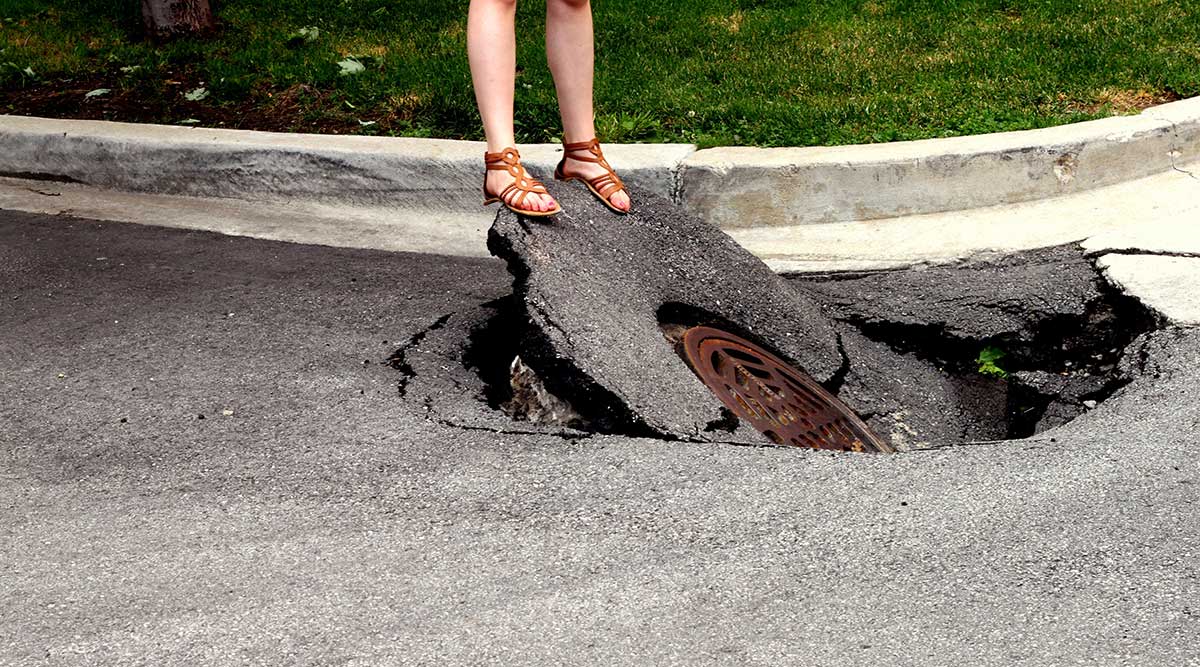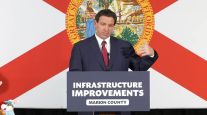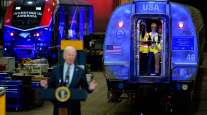Americans Want to Rebuild Roads, Bridges But Not at Cost of Taxes, Poll Shows

Americans want a federal infrastructure program to focus on rebuilding aging roads and bridges, but are reluctant to use federal dollars for such projects, according to a Reuters poll released Jan. 19.
The findings highlight a major challenge for a 10-year, $1 trillion infrastructure program incoming President Donald Trump has promised: Everyone wants infrastructure, but almost no one wants to pay for it.
“We can’t have it all — we have to pay for what we want,” said Ananth Prasad, who leads the transportation practice at HNTB Corp, a transportation consulting firm. “But if the consumers are not interested in it, you do the best with what you have and you use the tools you have.”
According to the Dec. 16-Jan. 12 poll, most Americans said a federal infrastructure program should focus on improving existing roads and bridges. They expressed less interest in mass transit, new roads and new technology.
Americans also expressed little interest in paying for such a program. Some 51% of respondents said they did not want a higher tax bill as a result, and 56% said they do not want the government to borrow money to pay for infrastructure. Some 50% said motorists should pay tolls and user fees, but nearly as many, at 41%, did not want that kind of charge, either.
Trump, who takes office on Jan. 20, has given few details about his infrastructure plan, such as financing or priorities. “We will update you on this when we have new information to share,” Hope Hicks, a spokeswoman, wrote in an e-mail to Reuters on the subject.
Nevertheless, Elaine Chao, Trump’s transportation secretary nominee, at her confirmation hearing earlier this month repeatedly focused on the need to leverage private dollars. “Another major challenge is to unleash the potential for private investment in our nation’s infrastructure,” she said in her opening remarks.
Taxpayers generally feel better about footing the bill for specific projects than for generically labeled infrastructure projects, said Steven Hall, the vice president for government affairs at the American Council of Engineering Cos., pointing to the success of local fundraising ballot measures in November. A federal program, then, might need to drill down to a more local level to win over taxpayers, he added.
U.S. voters passed 562 of 698 state, school and local government bond measures on ballots on Nov. 8, approving the issuance of $60.23 billion of municipal debt.
“So, clearly they’re willing to pay for more if they know where the money’s going,” Hall said.
Leaning on private financing of infrastructure — such as through imposing tolls to pay for highways — can cause problems, said Paul Van de Water, a senior fellow at the Center on Budget and Policy Priorities.
“If you try to mobilize private financing, almost by definition you’re limited to projects that are going to have benefits that can be easily monetized or pay back the private investors,” he said.
The Reuters/Ipsos poll was conducted online in English in all 50 states. It included 9,935 people and has a credibility interval, a margin of error of 1 percentage point.




